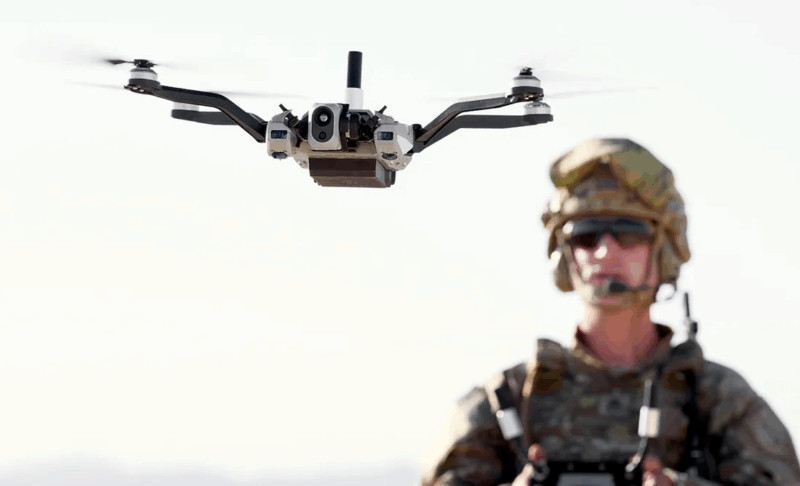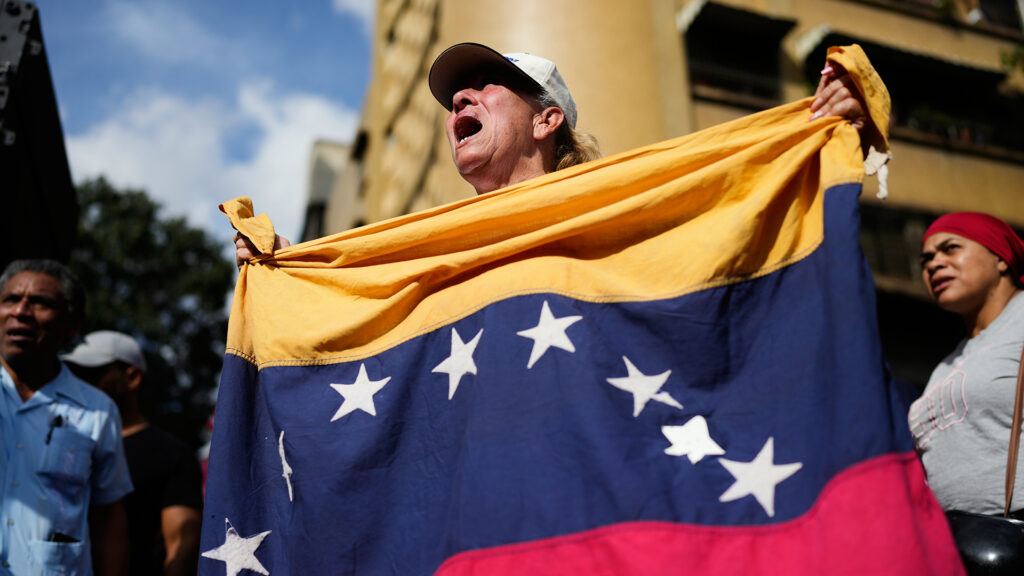A U.S. License to Kill in the Caribbean?
Lethal strikes on alleged terrorists in the Caribbean echo a long history of militarized policies and a contempt for human life Venezuela knows all too well

Every authoritarian policy needs an emergency discourse, a state-of-exception logic, in order to exercise power without limits. To do so, authorities rely on “catch-all” terms—empty containers that can be adapted to the needs of the moment. For instance, to justify extreme interventions: drugs, terrorism, organized crime, or even an alien invasion. Whether they have a real basis or not doesn’t matter. What matters is to position an extreme, dehumanizing narrative that legitimizes the annihilation of the chosen enemy. The category of “terrorism,” deliberately vague and discretionary, becomes a wildcard for state terrorism against any group labeled as such.
The U.S. “war” on drugs in the region belongs to a long tradition. The fight against leftist insurgencies in the 1960s and 70s, which ended with the military defeat of guerrillas across most of Latin America, mutated in the 1980s into the “war on drugs.” This shift allowed Washington to maintain its military influence in the region while inflicting damage on poor and Black neighborhoods inside its own borders. That logic remained almost intact until the September 11 attacks in 2001, when the “war on terror” permeated every aspect of U.S. security and military policy.
Decades later, the drug war’s regional balance sheet is overwhelmingly negative. Countless rigorous studies have shown how it increased violence, institutional abuses, falsos positivos, and massive human rights violations, especially in Mexico and Colombia. Meanwhile, illicit drug markets only grew stronger, expanding, diversifying, modernizing, and spreading.
If these policies have yielded negative results yet continue, it’s because their real purpose is not to control or repress drug trafficking. They serve political and economic functions instead.
We are also dealing with two governments that appear antagonistic but not exactly defined by credibility and trustworthiness. Official accounts are therefore insufficient.
It is well known that Venezuela’s geographical position has historically made it a transit country for drug trafficking, and that its current institutional collapse only favors illicit markets of all kinds. This, however, does not make it a leading nation in either drug production or trafficking. Venezuela suffers from a severe democratic deficit that has deeply undermined its citizens’ human rights. But that is a different issue. There may be points of connection, but it is not necessarily the same phenomenon.
Even criminals accused of the most heinous crimes have rights. When exceptions are made for some, a door opens that places everyone at risk.
Keys to analyzing recent precision strikes
We live in an age of post-truth and formidable creations powered by artificial intelligence. Perhaps these events are still too recent for us to know all the details, or the whole truth. We are also dealing with two governments that appear antagonistic but for whom credibility and trustworthiness are hardly defining traits. Official accounts are therefore insufficient to understand what really happened. This is a context that cannot be analyzed through a simplistic, reductionist lens of a binary world of “good guys and bad guys.” Nor are we in the Cold War anymore.
If we take as a starting point the images released by the institutional actors involved—and later analyzed by specialists—assuming their authenticity, those videos do not show a physical threat against the lives of security officers from the supposed drug boats in question. If those boats, which seemed to lack any visible or significant weaponry, were indeed transporting drugs, the proper procedure would have been their interception, the immediate detention and prosecution of all crew members, and further investigation to dismantle the entire criminal structure up to its top leaders.
That is what police work looks like when a crime is committed. Moreover, there are specific international protocols that establish exactly that, where the proportional use of force and preservation of evidence are fundamental. The world’s foremost military power has every means to stop such fragile boats and capture their crews alive.
The use of lethal force is only justified in the case of an attack, a real threat, or imminent danger to life. In these videos, neither legally nor situationally does it appear justified to execute these people. There is no clear case of legitimate self-defense, and everything suggests we are facing apparent extrajudicial executions. This, precisely, is the political debate currently unfolding in the U.S. Senate.
These are nothing but trial balloons tested on disposable human beings, whose deaths carry no cost for the U.S. government.
The immediate effect of these events on Venezuelans is dire: those inside the country face greater government repression, while those in the U.S. face higher risks of persecution and deportation.
Meanwhile, Chevron’s operations in Venezuela remain intact. The U.S. military-industrial complex also benefits, expanding its power and influence in the region without limits. This may, in fact, be the novelty here: the introduction of this kind of military technology by the U.S. in the region. These are nothing but trial balloons tested on disposable human beings, whose deaths carry no cost for Washington. Major genocides begin this way. With nobodies whose deaths are initially applauded by some, sometimes even by majorities.
Later, when horror expands and democratizes without limit, it’s already too late, and many of those who once applauded end up crushed by the unleashed war machine.
Caracas Chronicles is 100% reader-supported.
We’ve been able to hang on for 22 years in one of the craziest media landscapes in the world. We’ve seen different media outlets in Venezuela (and abroad) closing shop, something we’re looking to avoid at all costs. Your collaboration goes a long way in helping us weather the storm.
Donate




